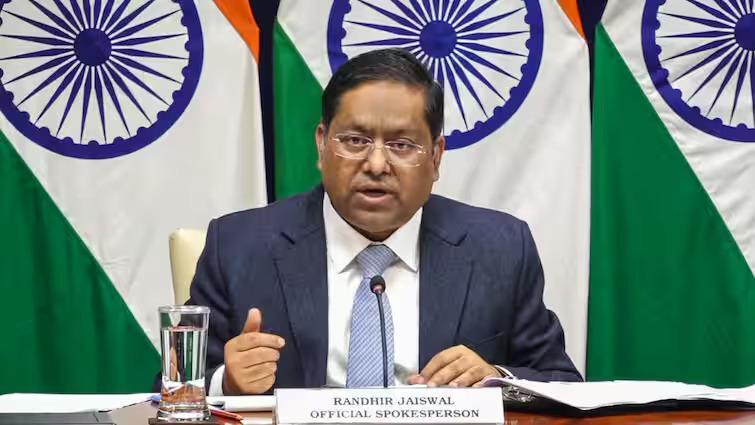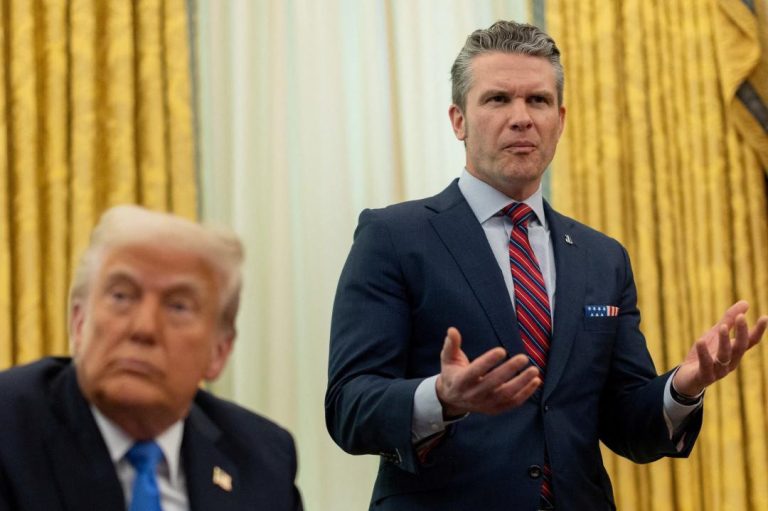
Look at your own abysmal record: India on Pak’s remark on Waqf Act
India has been a vocal critic of Pakistan’s interference in its internal affairs, and the latest remark by the neighboring country on the Waqf (Amendment) Act is no exception. Pakistan’s unwarranted comment has been met with a stern response from the Ministry of External Affairs (MEA), which has asked Islamabad to focus on its own record on protecting the rights of minorities instead of lecturing others.
The Waqf Act is a legislation aimed at protecting the interests of Muslim minorities in India. The recent amendment to the act has been a subject of controversy, with some quarters questioning its intent and potential impact on the community. Pakistan, however, has taken it upon itself to comment on India’s internal matter, calling the amendment “unconstitutional” and “discriminatory”.
India, understandably, has taken umbrage with Pakistan’s remarks and has hit back with a forceful response. MEA’s Spokesperson Randhir Jaiswal said, “Pakistan has no locus standi to comment on a matter that’s internal to India. Pakistan would do better to look at its own abysmal record when it comes to protecting the rights of minorities, instead of preaching to others.”
Jaiswal’s statement is a direct rebuke of Pakistan’s hypocrisy. While Islamabad is quick to comment on India’s internal affairs, it has a dismal record when it comes to protecting the rights of minorities within its own borders. The persecution of minorities, particularly Christians, Hindus, and Ahmadiyas, is a well-documented fact. The forced conversions, targeted killings, and violence against minorities in Pakistan are a stark reminder of the country’s failure to protect its own citizens.
Pakistan’s record on human rights is abysmal, to say the least. The country has been ranked as one of the worst performers in the world in terms of human rights by various international organizations. The persecution of minorities, the restrictions on freedom of speech and assembly, and the lack of accountability for human rights violations are all hallmarks of Pakistan’s so-called “Islamic democracy”.
India, on the other hand, is a shining example of democracy and secularism. The country has a robust system of governance, a free press, and a vibrant civil society. The rights of minorities are enshrined in the country’s constitution, and the government has taken several initiatives to protect and promote their interests.
Pakistan’s criticism of India’s Waqf Act is nothing but a desperate attempt to divert attention from its own failures. By commenting on India’s internal affairs, Pakistan is trying to deflect attention from its own human rights record and its failure to protect the rights of minorities.
It is worth noting that Pakistan’s own record on Waqf properties is equally abysmal. The country’s Waqf properties, which are supposed to be managed by the Waqf Board, are often mismanaged and exploited by powerful individuals and institutions. The lack of transparency and accountability in the management of Waqf properties is a major concern, and the government’s failure to address this issue is a testament to its poor governance.
In conclusion, India’s response to Pakistan’s comment on the Waqf Act is a fitting rebuke to Islamabad’s hypocrisy. Pakistan would do well to focus on its own record on protecting the rights of minorities instead of lecturing others. India’s democracy and secularism are a shining example to the world, and Pakistan’s failures are a stark reminder of the importance of protecting the rights of all citizens, regardless of their religion or creed.



